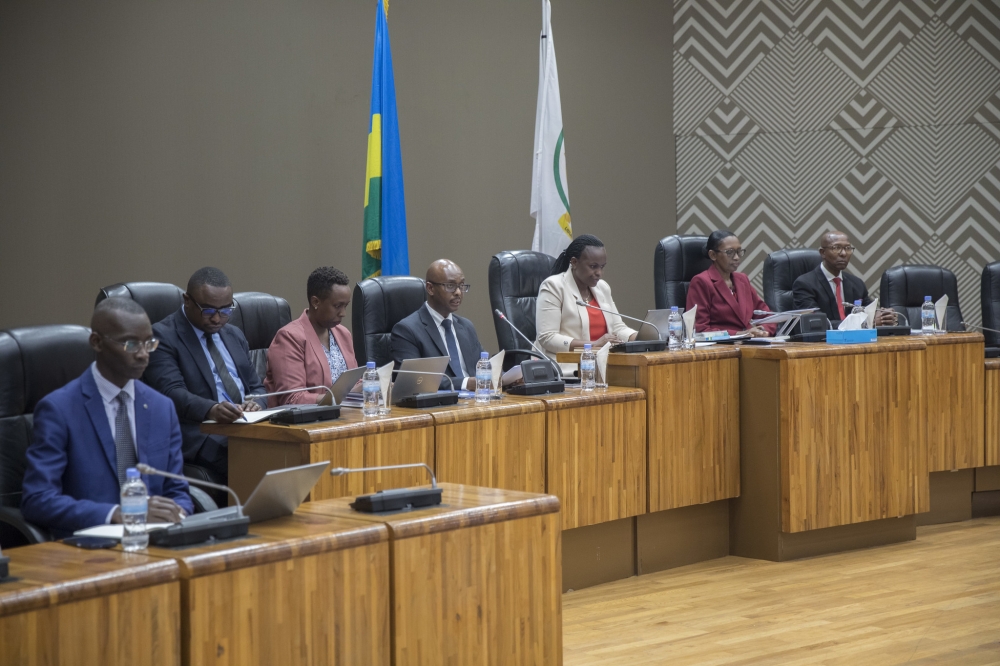The Rwandan government has proposed increasing the national budget for the 2024/25 fiscal year by Rwf126.3 billion, raising total spending from Rwf5,690.1 billion to Rwf5,816.4 billion, Finance Minister Yusuf Murangwa announced Wednesday.
Presenting the revised budget proposal to Parliament, Murangwa said the additional funds aim to address key fiscal needs, with a focus on pension contributions, salaries, agriculture, and infrastructure. The Ministry of Finance and Economic Planning (MINECOFIN) stated that the adjustments reflect changes in available resources and are intended to enhance resource allocation, support emerging national priorities, and improve public service efficiency. Murangwa noted that Rwanda’s economic growth remains strong despite global uncertainties, including climate change, inflation, and geopolitical tensions, as evidenced by robust performance in the first three quarters of 2024. He emphasized that the government will continue prioritizing macroeconomic stability and inclusive growth by investing in agriculture, climate change initiatives, infrastructure, education, healthcare, and social protection.
While tax revenue forecasts have been revised downward by Rwf20 billion from an initial projection of Rwf2,970.4 billion, the shortfall will be offset by increased privatization proceeds and external concessional loans, MINECOFIN said in a statement. The development budget will increase by Rwf80.6 billion, from Rwf2,007.3 billion to Rwf2,087.9 billion, affecting both foreign and domestically funded capital expenditures. Additional funds will support projects including subsidies for chemical fertilizers and infrastructure development. The recurrent budget will rise by Rwf45.7 billion, from Rwf3,682.9 billion to Rwf3,728.5 billion, mainly due to higher pension contributions following a presidential order approved by the Cabinet on Nov. 9, 2024, requiring the government to contribute more toward staff pensions.
Murangwa said the additional funding will help finance key programs, including government contributions to development projects, covering gaps in social security and salaries, and supporting diplomatic missions, particularly with the opening of a new embassy in Luxembourg. The revised budget is part of Rwanda’s updated medium-term macroeconomic framework, and MINECOFIN emphasized that the government will continue to monitor economic performance and take necessary measures to ensure the successful implementation of the revised budget while maintaining macroeconomic stability.

